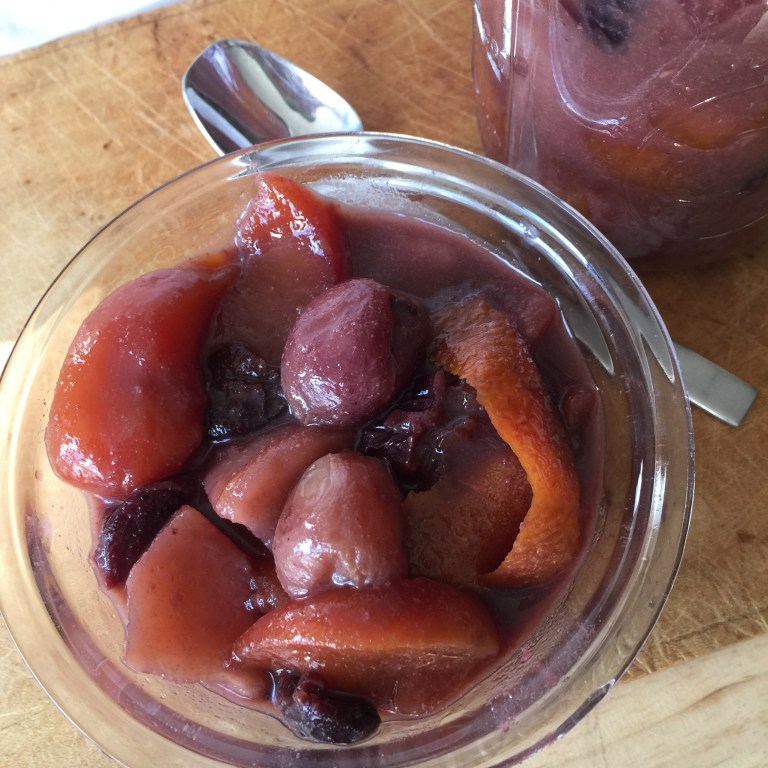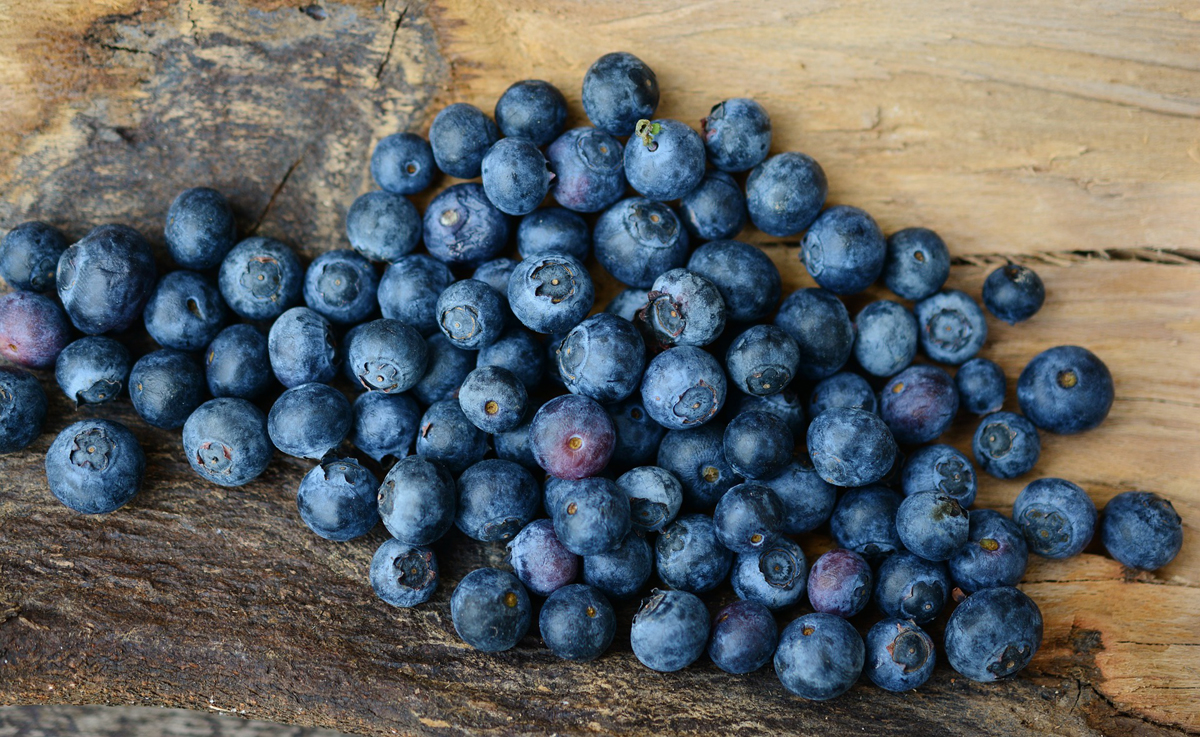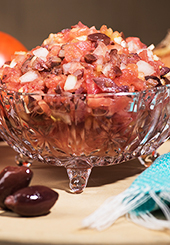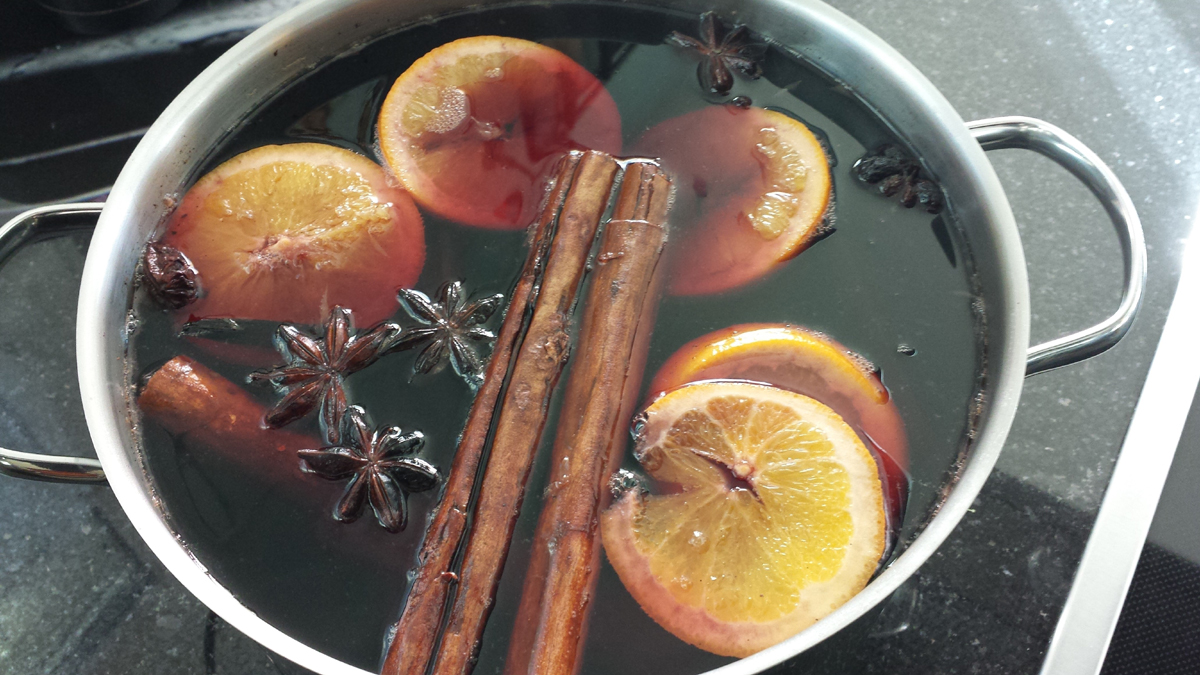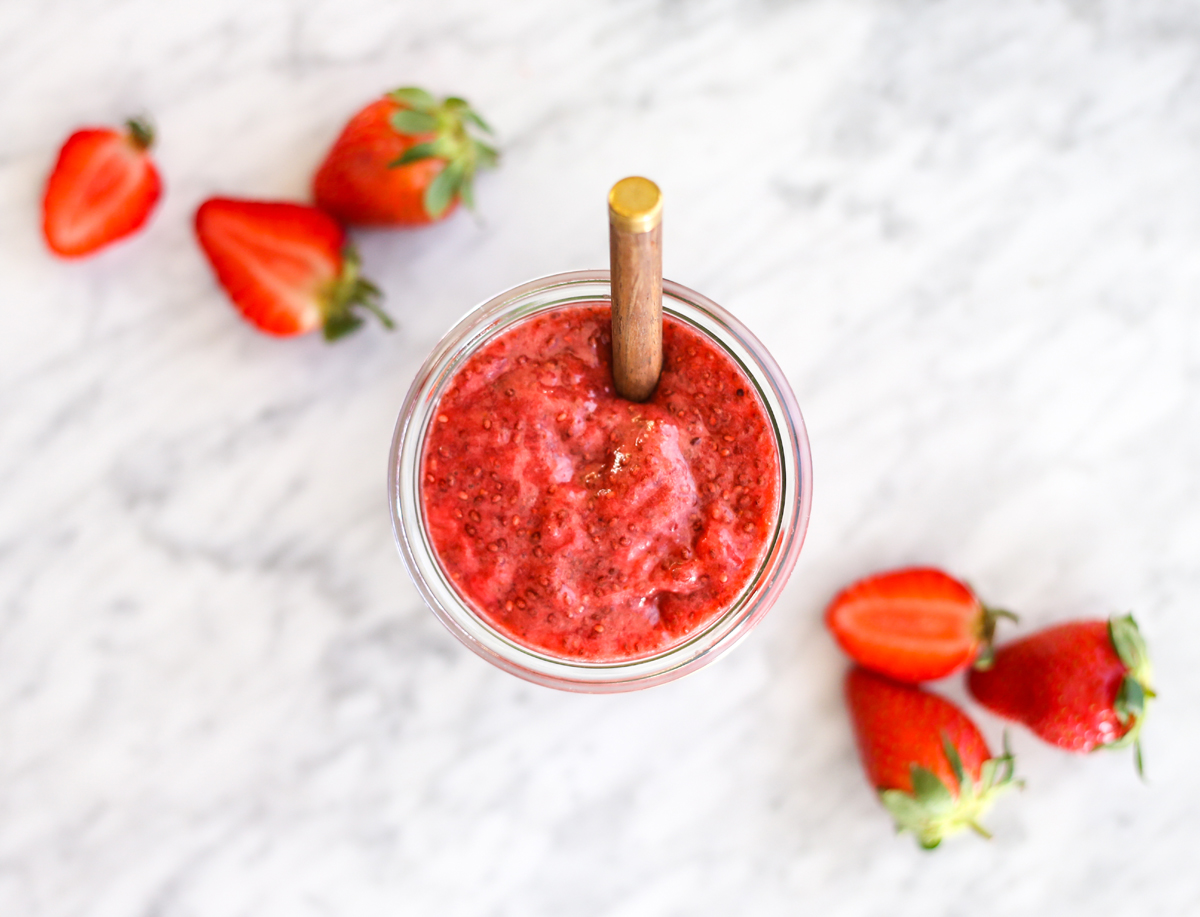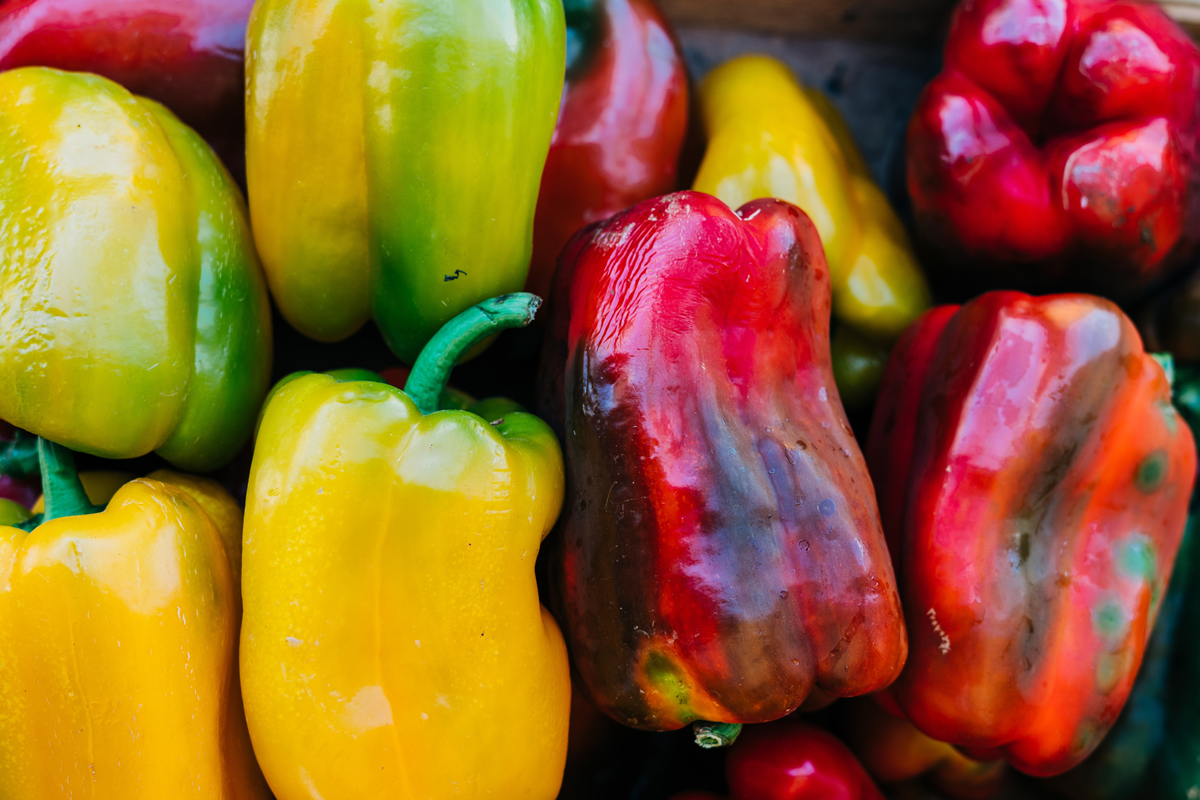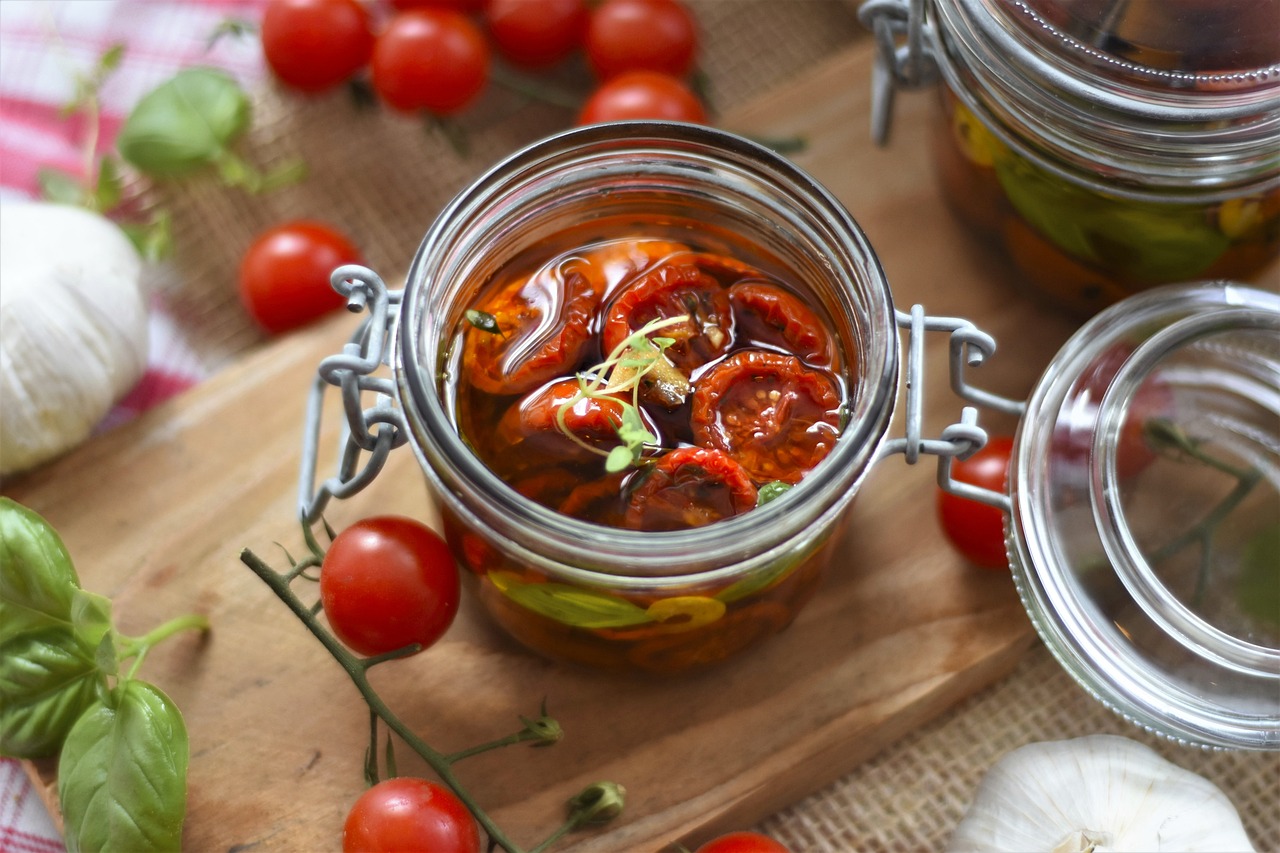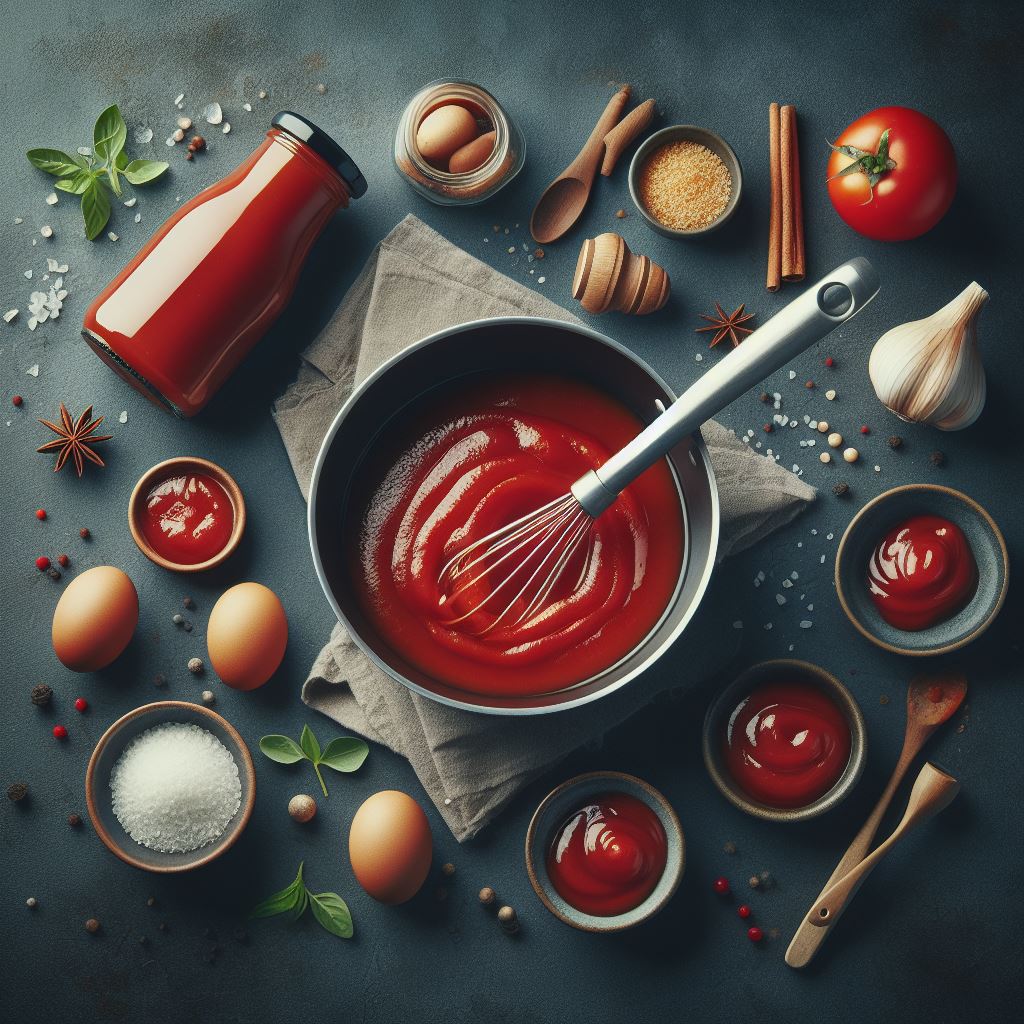Homemade Canning – Where’s the Beef? Canning Your Meat, Poultry, and More!
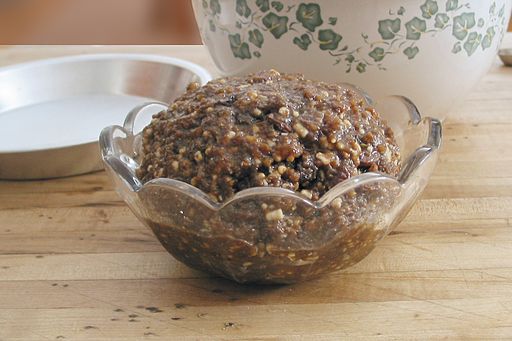
Why limit your home canning to produce? Scoop up a great seasonal deal on meat, poultry, or fish and experience the ease of meal preparation with canned meat. The best part is you know what is in the jar, there are no added flavors, no undisclosed spices, and no MSG.
The Art of Mince Meat
Mincemeat is really an overlooked delicacy and method of preserving meat our ancestors came up with. Originally, it was a mix of lean beef, suet, apples, citrus fruits, raisins, brandy or hard cider, and various spices. There is no need to stick with older recipes that call for a long list of ingredients that are exotic by today’s standards. Unless your family has a taste for old-fashioned mincemeat, feel free to come up with your own version.
Simply use a roast beef recipe and cook as directed. Add such spices as garlic, onions, savory, marjoram, salt and pepper or use your favorite blend. When the meat can easily be pulled apart and chopped, allow it to cool and then chop it up. It will then be ready to slip into the freshly boiled and cooled jars and slipped into a homemade canning device. (Editor’s note: All meats must be processed in a pressure canner.)
Roast carrots, whole onion, garlic cloves, and potatoes or other vegetables like cauliflower and chop them up with the meat. Drain excess broth before canning the meat and vegetable mixture. Can the broth separately. Now you have jars of ready-to-go beef broth and jars of meat that are perfect for sandwiches or one-dish meals that are perfectly seasoned.
Poultry is Easily Preserved Too
Home-canned chicken and chicken broth can put the store-bought products to shame. Not only is it more cost-efficient, it is tastier and healthier too. Make low-sodium versions or salt-free versions delicately seasoned with your blend of seasonings such as poultry seasoning, garlic, onions, or even add chopped up vegetables to the broth and strain before canning it to add a healthy and tasty twist.
Canned chicken, once drained of the broth, makes an easy addition to salads, soups, one-dish meals, and meals heated up in less than 30 minutes. Leave the aforementioned vegetables in with the chicken or can them separately. Either way, all you need to do is add the two jars, chicken or broth, to a saucepan and some noodles for a nearly instant chicken noodle soup.
Don’t Overlook Fish When Canning
If you live in an area where fresh fish is in season, such as salmon in coastal areas or pike around the great lakes, don’t overlook homemade canning as a method of reserving the bounty.
Store-bought canned fish can have additives such as excess salt, or a funny fish taste if the fish was off-season or previously frozen when canned. Following your favorite plain canned poultry recipe, go ahead and can the season’s catch. The best part is, it’s one of the foods that doesn’t need to be precooked, just add it to the boiled jars and pressure can it.
When homemade canning, do not overlook the possibilities of canning your own meat, poultry, or fish and preserving the seasonal bounty or fresh game. Canned meats are quick and easy meals and unlike freezing the meat, it won’t get freezer burn. Canned beef, chicken, and even some fish can be made into salads, for sandwiches, potato toppers, or side dishes and are great additions to freshly boiled noodles for delicious and quick soups.
The Author:
Want to learn how to preserve your own food through the home canning method?
With the costs of canned food rising, and the urge to be self-sufficient by growing, home canning is making a resurgence in today’s society. Homemade canning is a most enjoyable experience to save money and eat healthier.
The Author:
homemadecanning

